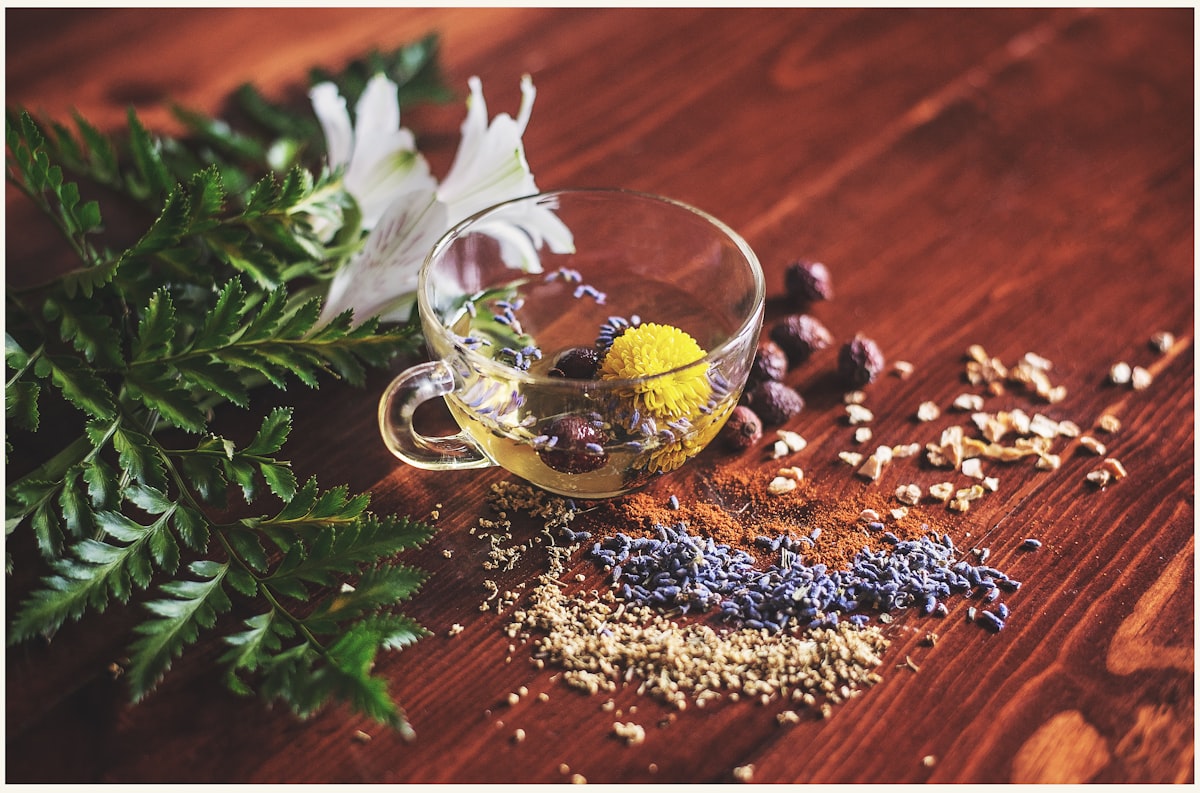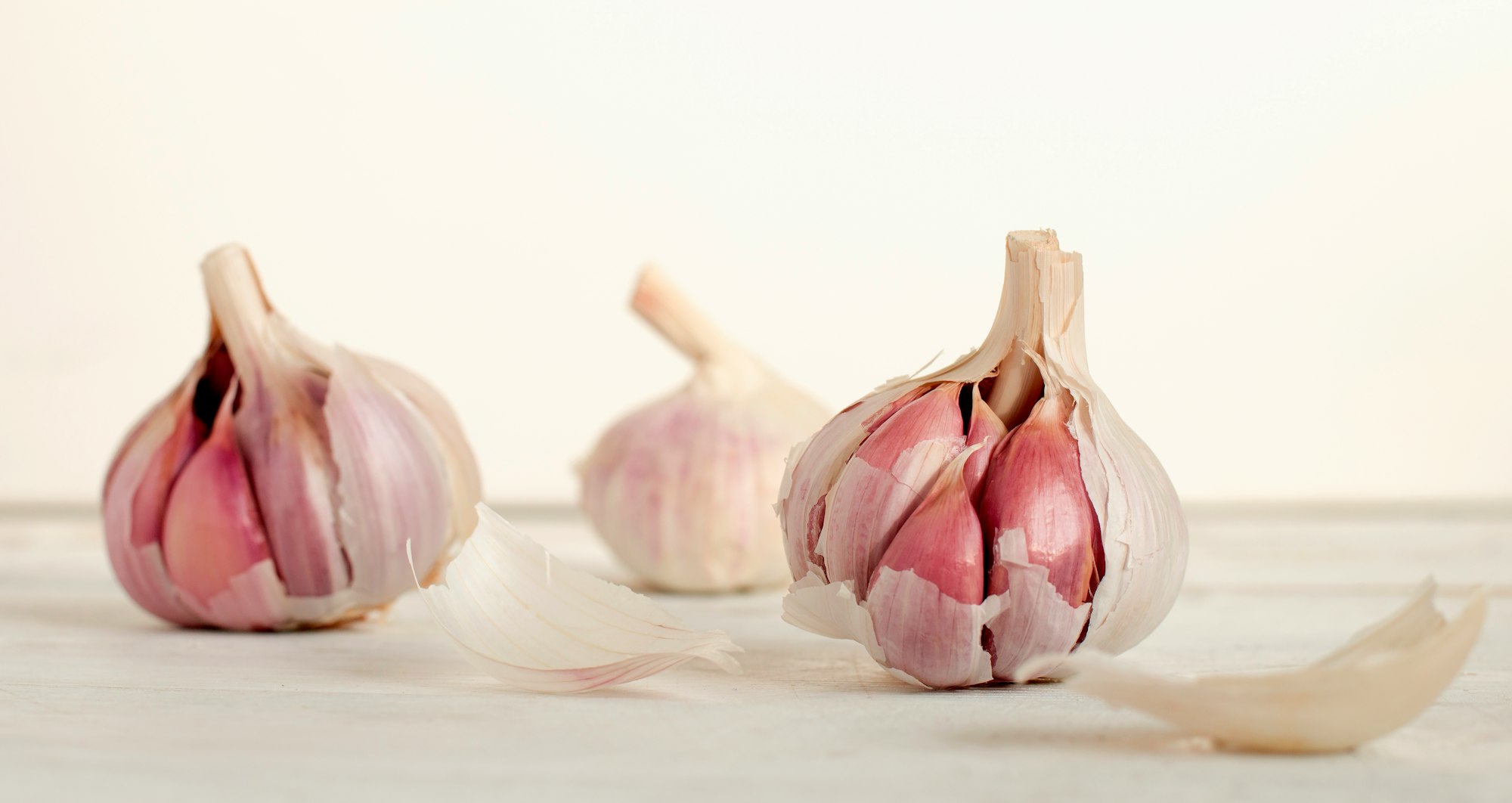Know Your Best Antiviral Herbs That Kill Viruses In The Body
Empower Your Health: Explore the Potency of Antiviral Herbs! Arm Yourself Naturally Against Infections. Knowledge is Immunity. Discover Now! 🌿💪

Antiviral refers to the ability of a substance to prevent the replication of a virus or to inhibit the ability of a virus to infect host cells. Antiviral medications and treatments are designed to target specific viral infections and are used to treat or prevent viral diseases. Antiviral agents may work by blocking the replication of the virus, preventing the virus from entering host cells, or stimulating the immune system to fight the infection. Many antiviral drugs target specific stages in the life cycle of the virus, such as the enzymes that the virus uses to replicate its genetic material.
Several herbs have been traditionally used for their antiviral properties. Some best antiviral herbs that kill viruses in the body are:
Turmeric
It is a kitchen spice and an active ingredient in turmeric is curcumin, which has been found to have antiviral properties against several viruses, including the herpes virus and influenza.
Curcumin has been found to inhibit the replication of viruses by blocking the activity of certain enzymes that the viruses need to multiply. It has been also found to have the potential to stimulate the immune response, by activating the body’s natural killer cells and other immune cells.
Garlic
The active compounds in garlic, such as allicin, have been found to inhibit the growth of several viruses, including those that cause the common cold and herpes.

Allicin, the compound present in garlic, has been found to inhibit the replication of viruses by blocking the activity of certain enzymes that the viruses need to multiply. Garlic has also been found to have an immune-boosting effect by stimulating the production of white blood cells, which help to fight off viral infections.
Some studies have also found that consuming garlic regularly may reduce the risk of catching a common cold. However, more research is needed to confirm its effectiveness in humans.
Holy Basil
Holy basil, also known as Tulsi in India, is an herb that has been traditionally used in Ayurvedic medicine to boost the immune system and has been found to have antiviral properties.
The essential oil of holy basil has been found to have significant antiviral activity against several viruses, including the herpes simplex virus and the influenza virus. The active compounds in holy basil, such as eugenol, have been found to inhibit the replication of viruses by blocking the activity of certain enzymes that the viruses need to multiply.
Furthermore, Holy basil has been traditionally used for respiratory tract infections, and laboratory studies have shown that the compounds present in holy basil can help to inhibit the growth of bacteria and viruses that cause such infections.
Astragalus
Astragalus herb is known as “Huang Qi” in Mandarin Chinese and “Kuth” in Hindi. It is a perennial herb that belongs to the legume family.
It has been traditionally used in Chinese medicine for its medicinal properties and has been found to have antiviral properties. The active compounds in Astragalus, such as astragalosides and polysaccharides, have been found to have an antiviral effect against several viruses, including the influenza virus and the herpes simplex virus.
Astragalus has been found to have an immune-boosting effect by stimulating the production of white blood cells, which help to fight off viral infections. It also has been found to have the potential to inhibit the replication of viruses by blocking the activity of certain enzymes that the viruses need to multiply.
Furthermore, Astragalus is traditionally used to strengthen the immune system, and studies have shown that it can help to prevent or reduce the severity of upper respiratory tract infections, which are commonly caused by viruses.
Neem
Azadirachta indica, commonly known as neem, nimtree or Indian lilac
Neem, also known as Azadirachta indica, is a tree native to India and has been traditionally used in Ayurvedic medicine for a variety of purposes.
It has been found to have antiviral properties and has been studied for its potential use against various viruses such as HIV, herpes simplex virus, and influenza. However, more research is needed to fully understand the antiviral mechanisms of neem and to determine its effectiveness as a treatment for viral infections.
Guggulu
Guggulu, also known as Commiphora mukul, is a resin obtained from the stem of a plant that is native to India. It has been traditionally used in Ayurvedic medicine for a variety of purposes, including as an anti-inflammatory and as a treatment for obesity.
Some studies have suggested that Guggulu may have antiviral properties, and it has been studied for its potential use against viruses such as HIV and herpes simplex virus.
Licorice Root
Licorice, also known as Glycyrrhiza glabra, is a plant that has been used in traditional medicine for centuries. This root contains compounds called glycyrrhizin and flavonoids which have been found to have antioxidant and anti-inflammatory properties.
Some studies have suggested that licorice may have antiviral properties and it has been studied for its potential use against viruses such as herpes simplex virus, hepatitis C virus, and Influenza virus.
Olive
Olive, also known as Olea europaea, is a tree that is native to the Mediterranean region and is known for its fruit, olive oil. Olive oil has been traditionally used in Mediterranean and Middle Eastern cuisine and has been found to have health benefits. Studies have suggested that olive oil may have antiviral properties and it has been studied for its potential use against viruses such as HIV, Herpes simplex virus, and influenza virus. The compounds present in olive oil such as oleuropein and hydroxytyrosol have been found to have antiviral properties.
Echinacea
Echinacea, also known as Echinacea purpurea, is a flowering plant that is native to North America. The root and above-ground parts of the plant have been used traditionally as an immune system booster and to treat a variety of illnesses, including the common cold.
Some studies have suggested that Echinacea may have antiviral properties and it has been studied for its potential use against viruses such as herpes simplex virus, influenza, and human rhinovirus.
Andrographis
Andrographis is known as “Kalmegh” in Hindi. Andrographis paniculata, commonly known as Andrographis, is a plant that is native to India and Southeast Asia. The leaves and stems of the plant have been used traditionally in Ayurvedic and Chinese medicine for a variety of purposes, including as an antiviral, anti-inflammatory, and treatment for fever and respiratory infections.
Some studies have suggested that Andrographis may have antiviral properties, and it has been studied for its potential use against viruses such as herpes simplex virus, influenza, and dengue fever.
But more research is needed to confirm the effectiveness of Andrographis as an antiviral treatment.
Elderberry
Elderberry, also known as Sambucus nigra, is a berry that comes from the European elder tree. The berries and flowers of the plant have been traditionally used to make teas, jams, and other food products, and it has been used in traditional medicine for centuries.
Some studies have suggested that elderberry may have antiviral properties and it has been studied for its potential use against viruses such as influenza and herpes simplex virus. The compounds present in elderberry are believed to have an antiviral effect by preventing the virus from entering and replicating in human cells.
St. John’s Wort
St. John’s Wort (Hypericum perforatum) is a flowering plant that has been traditionally used for medicinal purposes, including as an antidepressant, anti-anxiety, and wound healing.
Some studies have suggested that St. John’s Wort may have antiviral properties and it has been studied for its potential use against viruses such as herpes simplex virus and HIV. The compounds present in St. John’s Wort are believed to have an antiviral effect by preventing the virus from entering and replicating in human cells.
However, more research is needed to fully understand the antiviral mechanisms of St. John’s Wort and to determine its effectiveness as a treatment for viral infections. It’s important to note that St. John’s Wort may interact with other medications and should be used with caution.
It’s important to note that while these herbs may have potential antiviral effects, more research is needed to confirm their effectiveness and safety. It’s always recommended to consult with a healthcare professional before taking any herbal supplements.



